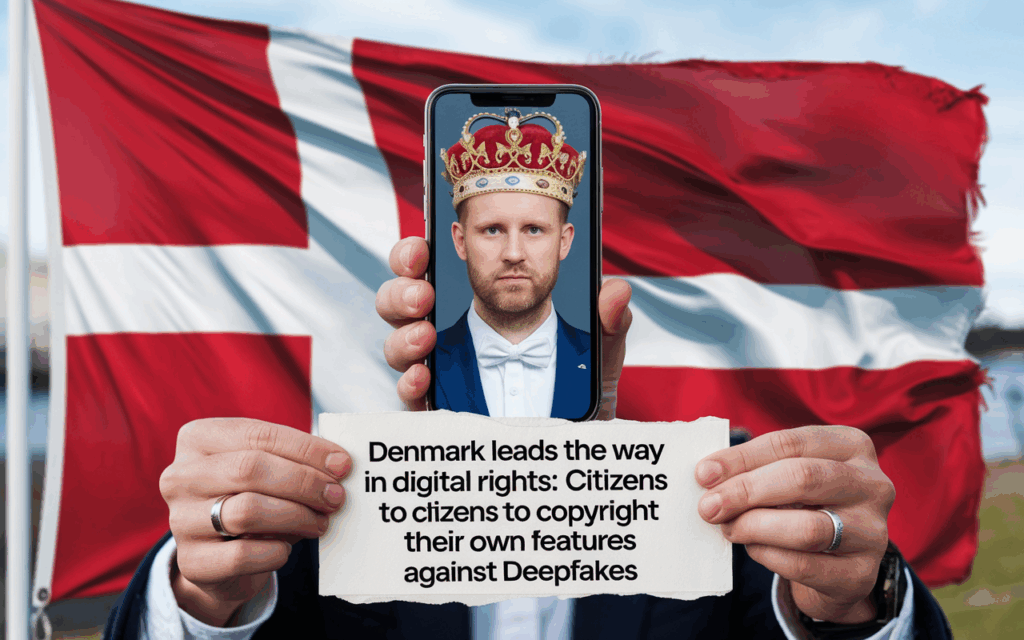Denmark Takes a Bold Step Against Deepfakes: Citizens to Copyright Their Own Features! 🇩🇰✨
In a groundbreaking move toward personal digital rights, Denmark is set to change its copyright laws to allow citizens to have ownership over their own body, facial features, and voice. This initiative aims to enhance protections against the troubling rise of deepfakes, ensuring that individuals have a say in how their likeness can be used in AI-generated content.
What's the Big Idea? 💡
According to a recent article by The Guardian, this new legislation is not just a legal update; it's a powerful statement about personal autonomy in the age of generative AI. Danish Culture Minister Jakob Engel-Schmidt emphasized that everyone has the right to control their own image and voice, citing the current laws as insufficient in protecting individuals from misuse related to generative AI.
The proposal still needs formal submission for parliament approval, but it has already gained support across political party lines—a sign of the strong consensus on the need to protect citizens against deepfake technologies.
Why Does This Matter? 🤔
In the U.S., deepfake laws are generally reactive, often focused on electoral misuse or non-consensual explicit content. However, Denmark's proactive approach positions itself as a global leader in addressing the ethical concerns surrounding AI and media representation. With Congress in the U.S. potentially undermining states' rights to regulate AI, Denmark's law could serve as a blueprint for other countries grappling with similar issues.
This move not only sets a precedent within Europe but also challenges other nations to consider their own copyright laws in the context of AI and digital representation.
A Call to Action! 📢
As technology evolves, so must our frameworks of rights and protections. Denmark's new copyright law could be the first of many necessary steps in returning control to individuals over how they are represented and utilized digitally.
What do you think? Should other countries follow Denmark's lead in promoting digital rights and protections from deepfakes? Let's spark a discussion in the comments!
For more details, check out the full article here: TechCrunch
💬 Join the Conversation!
👉 What are your thoughts on this movement? Is it time to re-evaluate personal rights in the digital realm?
👉 How do you see similar laws developing in your country?
#DigitalRights #Deepfakes

More Stories
Meta’s AR Ambitions and AI Safety: Insights from the Equity Podcast
Insight Partners Data Breach: A Wake-Up Call for Cybersecurity Awareness
Lovable’s Ascendancy: Anton Osika at TechCrunch Disrupt 2025